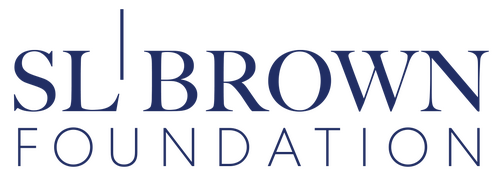2. Library Mall
On one end of your vision should be the Capitol, the center of state government. On the other end, up the hill, is Bascom Hall, the center of UW’s administration. Although these two buildings are one mile apart, state government and UW have always been closely related.
For thousands of years, the Ho-Chunk Nation inhabited the land on which you are standing. A village named Wakandjaga, or Thunder Bird, occupied Picnic Point, a small peninsula jutting into Lake Mendota to the northwest and extending east along the coast of the lake to Bascom Hill. The remains of human settlements and earthen burial mounds are still visible today.
White settlers moved in after the U.S. government forced the Ho-Chunk Nation into a series of land concessions beginning in 1829. In little more than a decade, settlers had evicted the vast majority of Native Americans, and had taken the land for themselves. The first state capitol was built in 1837 in nearby Belmont, while Wisconsin was still a territory. When Wisconsin was admitted to the Union in 1848, its constitution provided for “the establishment of a state university, at or near the seat of state government.” Seventeen students enrolled in the university’s first class, taught the following year, in 1849. The class met at the Madison Female Academy, located off the capitol square. Tuition was set at 20 dollars per year. The year after that, in 1850, the university put up its own buildings.
It took another two years for classes to begin on what is now Bascom Hill. North Hall, the first building erected on campus, opened in 1851. South Hall followed soon after. Much of the area around what is now Library Mall was a beautiful residential neighborhood that became housing for students and faculty. It’s hard to imagine today, but a trolley ran up and down State Street, along the same sidewalks that now feature benches, art installations, and food trucks.
Next, walk across the Library Mall and turn around so that you’re facing the large mural above the entrance to St. Paul’s Catholic Student Center. This is stop number two.
